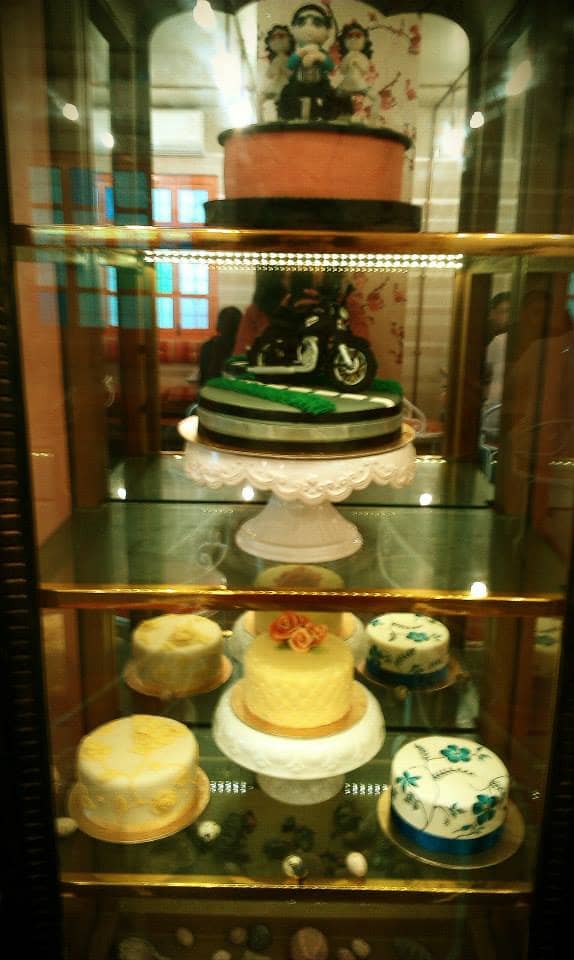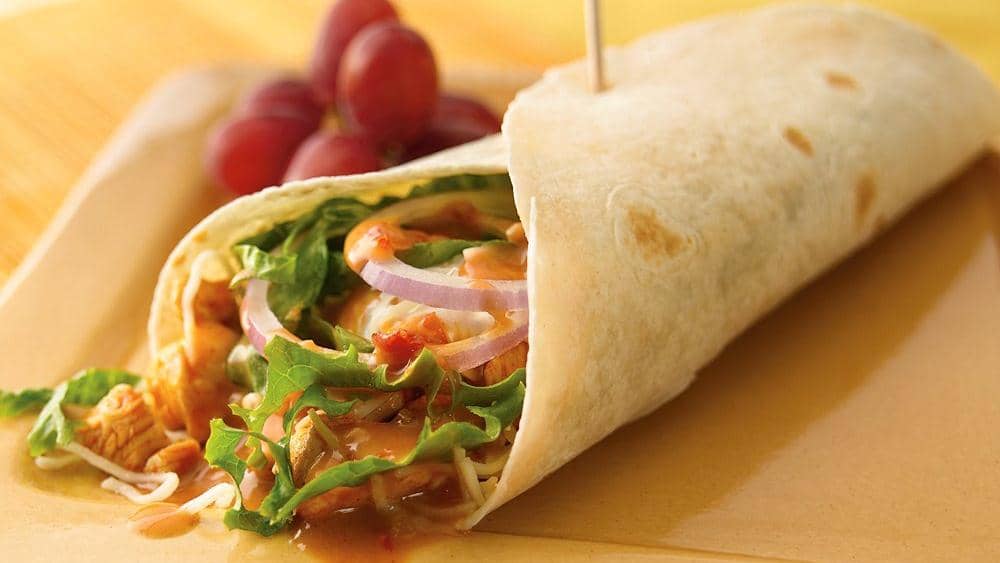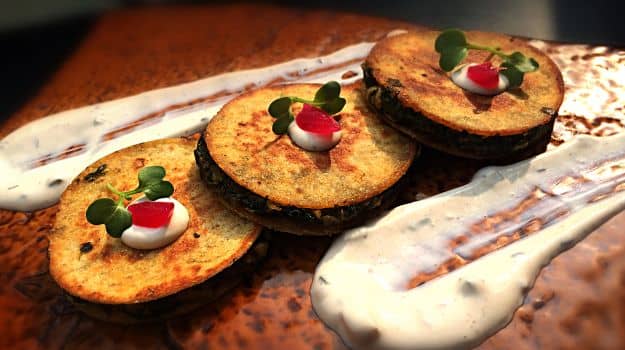In South Asian culture, food is very important for a number of reasons. It is first and foremost a tool for fostering community and connections. When people eat together, they form bonds and deepen their relationships. Food serves as a medium for cross-cultural communication at cultural festivals, introducing guests to the many tastes and cooking customs of South Asia.https://monvoyage.in/what-make-toronto-a-home-away-from-home-food/?swcfpc=1
1. Food Reflects History
The culinary arts of South Asia are widely recognized for their elaborate and complex tastes, vivid hues, and diverse textures. It provides a palate-pleasing sensory experience, reflecting the history, geography, and cultural legacy of the area. A cultural festival that incorporates cuisine enables attendees to completely experience South Asian culture, interacting not only with music, dance, and poetry but also with the delectable foods that are emblematic of the region.https://youtu.be/ZwjMR9NL-I8?si=PemG9mD6N8FSuE7f
2. Food Symbolizes Hospitality
In addition, it is a big part of South Asian festivals, festivities, and ceremonies. It is a symbol of hospitality, richness, and joy that is deeply intertwined into religious ceremonies, social events, and rites of passage. Adding traditional South Asian food to a cultural festival pays tribute to these customs and gives the occasion a genuine feel.https://www.facebook.com/reel/408273555397437
Street food and snacks are usually available at festivals for convenient sales and consumption; however, large dinners are also served at events that last past 7 p.m. “Street food like Vada Pav, samosa, dahi bhalle, khandvi are all-time favourites and are a regular in festivals. But Biryani, chicken rolls, egg rolls are always in demand as well,” says Atul Khanna. The fun of such festivals is the variety of cuisines and food items under one roof. And the experience goes a notch higher when extremely regional flavours such as litti chokha hits the table.”
All things considered, food plays a crucial role in every South Asian cultural event since it elevates the whole experience, encourages cross-cultural interaction, and honors the region’s culinary legacy.




